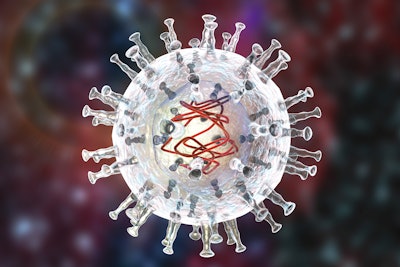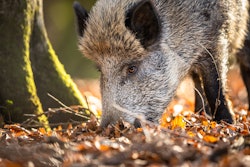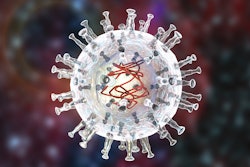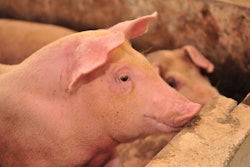
The U.K. National Pig Association (NPA) has provided a new 26-page document to its members to help them prevent and prepare for an outbreak of African swine fever (ASF).
“We urge all members to take a good look at our comprehensive guidance, which is a live document that is updated as new information comes through. Indeed, we’re still awaiting amendments to the ASF control measures which should include helpful changes to how disease control zones work to align more with EU legislation,” said NPA Chief Executive Lizzie Wilson.
The 26-page document includes information on:
- The virus and it how spreads
- Biosecurity advice
- Clinical signs
- What happens if disease is confirmed on your farm
- The different zones and restrictions that would be in put in place in the event of an outbreak
- The route out of an ASF outbreak
So far this year, 70 ASF outbreaks in backyards and on farms have occurred in seven countries, according to the European Commission’s Animal Disease Information System, as of March 17. Total ASF outbreaks among the European wild boar population so far this year had reached 1,789.
NPA said its concerns have been heightened since December, with the revelation over the large quantities of illegally imported meat, around 75 metric tons since September 2022, being seized at the Port of Dover – most of it pork from ASF-affected parts of Europe.
The NPA has expressed huge concern at Defra’s decision to cut funding for the Dover Port Health Authority (DPHA) for this work starting in April.
While U.K. Animal and Plant Health Agency (APHA) rates the overall risk of entry of ASF virus from affected countries, at “medium” (occurs regularly), it states that the risk of ASF entering from the human-mediated pathway and moving porcine products of animal origin remains at “high” (occurs very often).
“There is no doubt that ASF remains the biggest threat to the British pig industry,” Wilson said. “We continue to make the case to government for proper resources to be put in place at Dover, and other points of entry, to help ensure we keep it out. We also continue to seek clarity on the government’s plans and the rules that would apply in the event of an outbreak, including in relation to regionalized pork trade.
“But it is also essential that everyone who works in the pork sector does their bit to keep the virus at bay and is prepared, as much as possible, in the event an outbreak.”

















